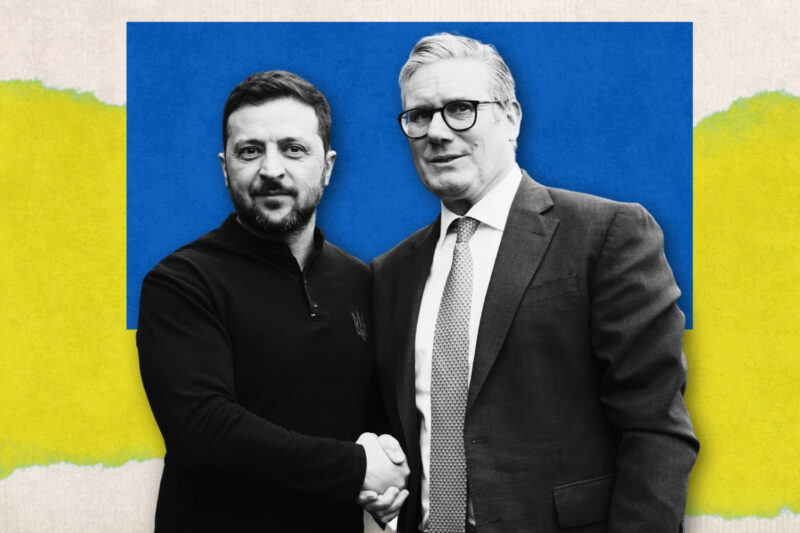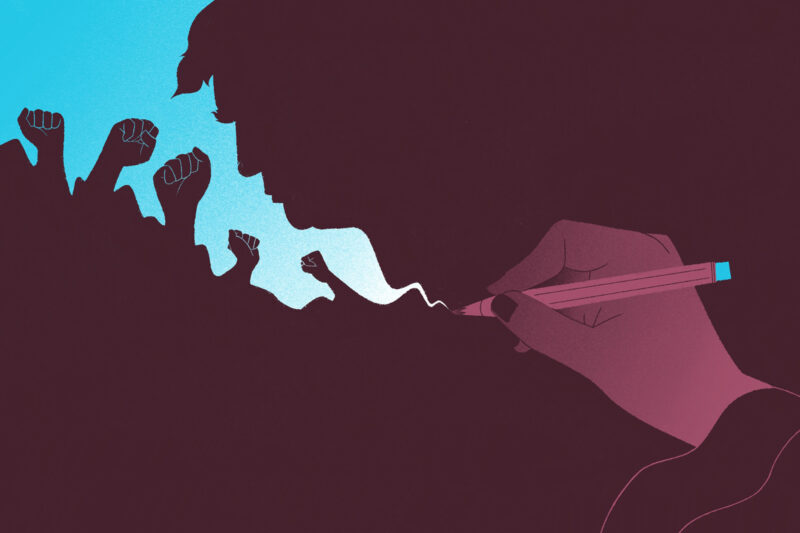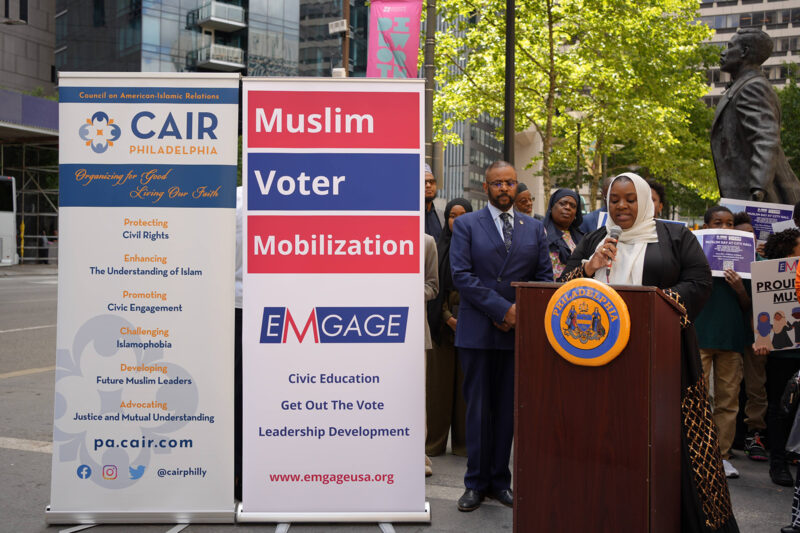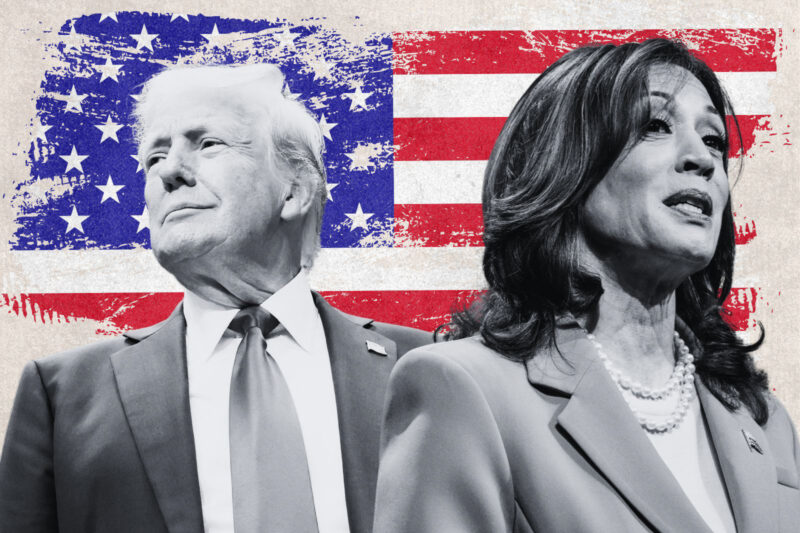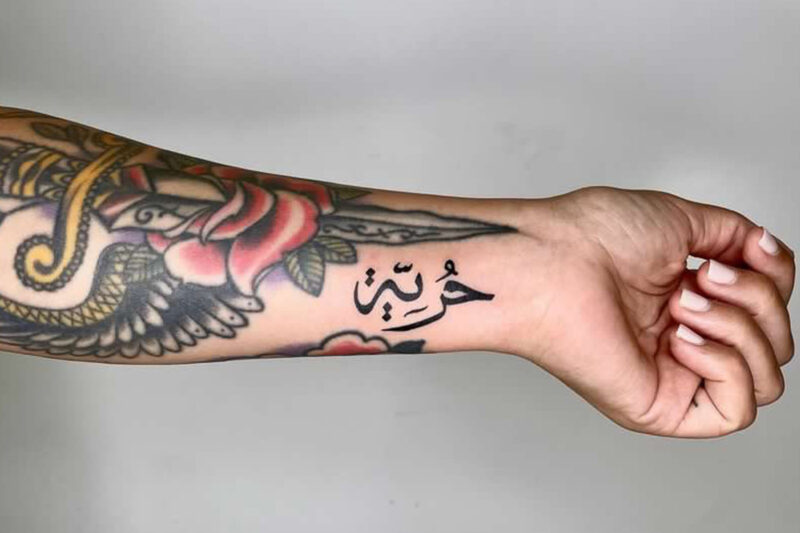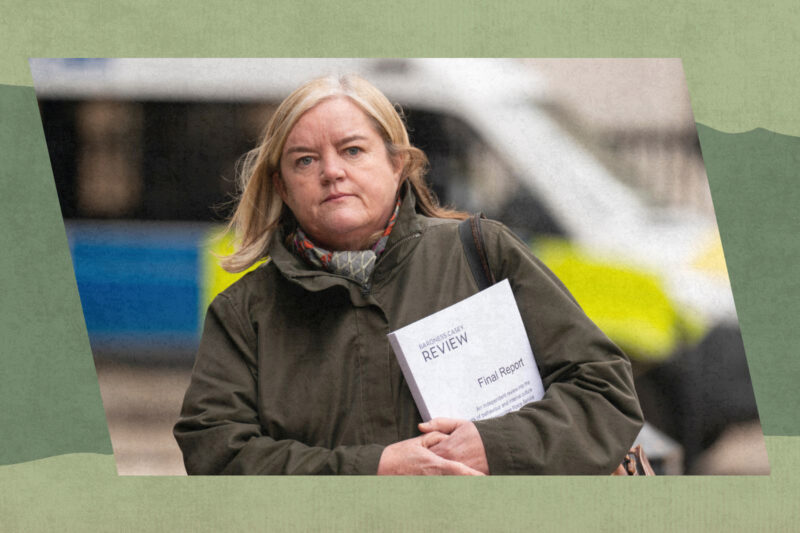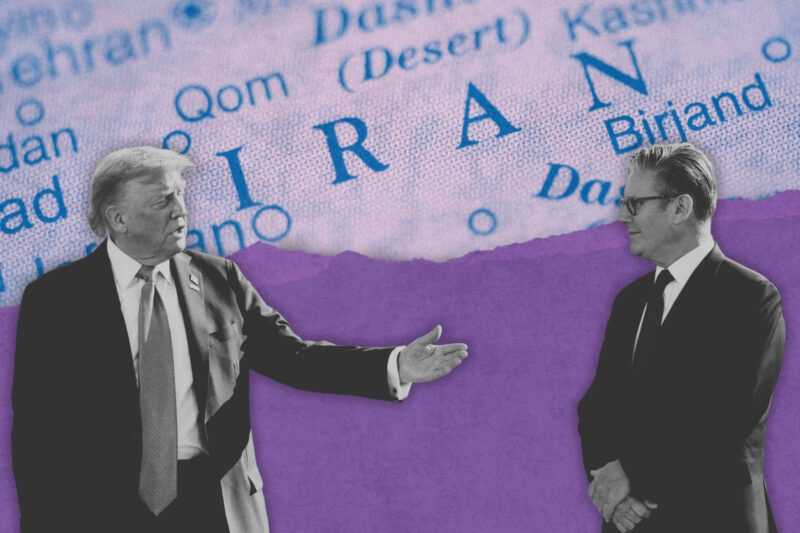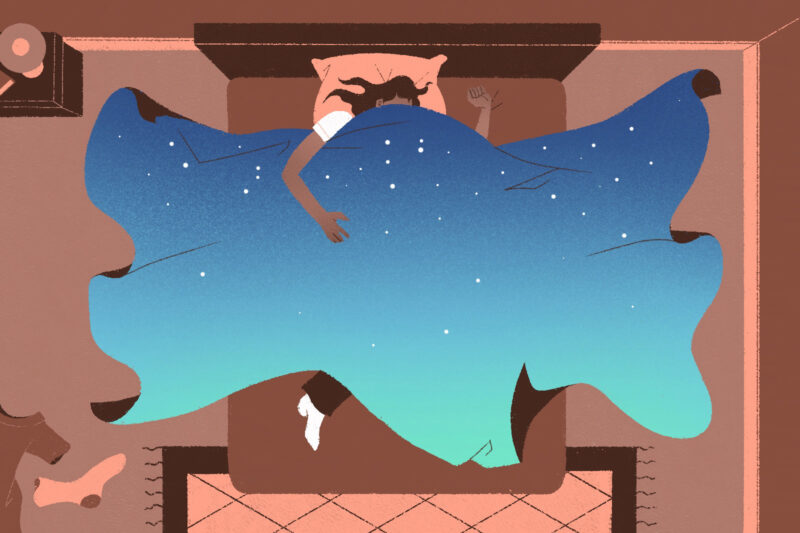Russian escalation in Ukraine and Trump’s ‘America First’ policy worries Europe
European leaders fear Putin’s aggressive nuclear doctrine and a shift in US policy signals a new, potentially more dangerous phase of the war
–
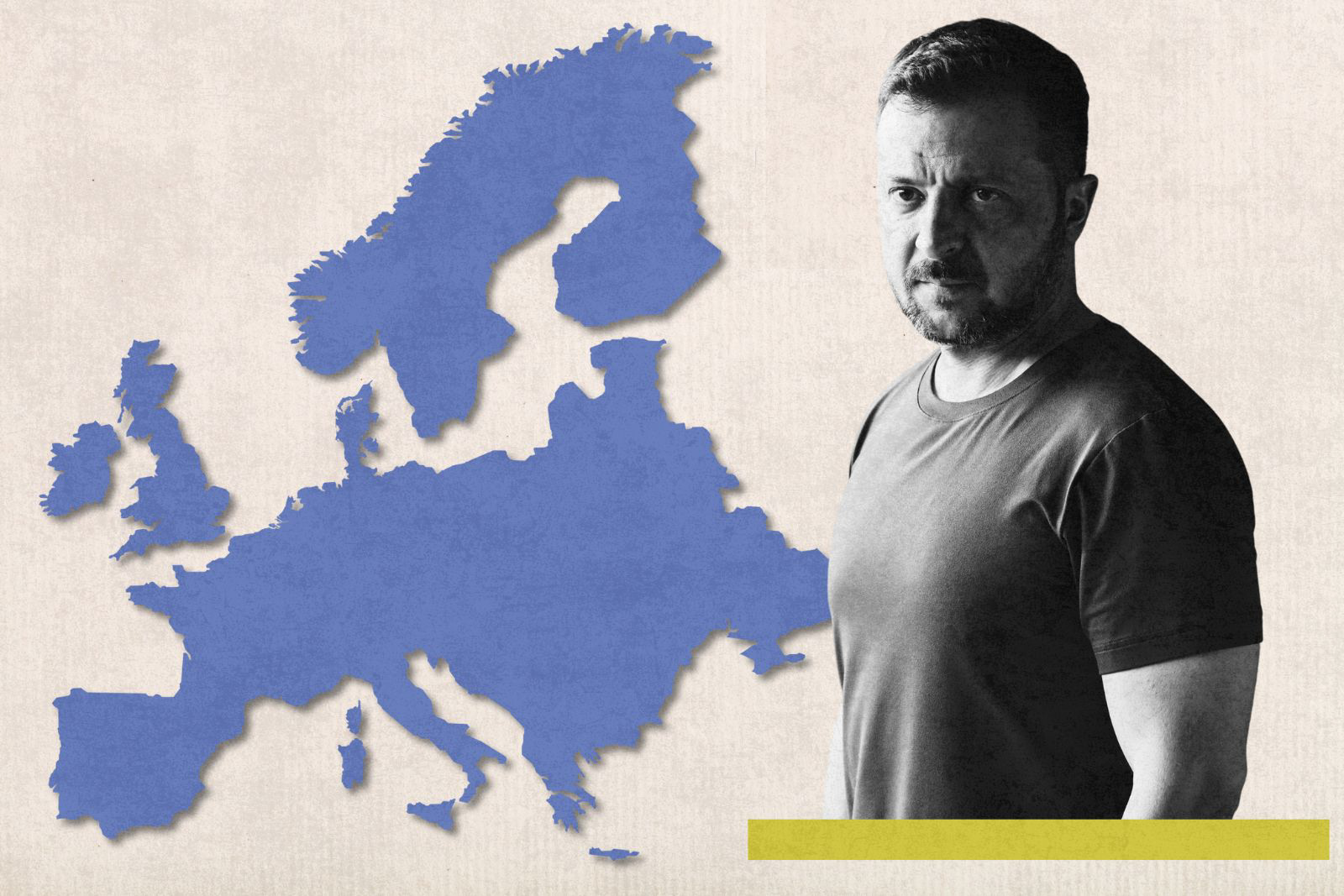
The dynamics of the escalating war in Ukraine and Europe’s geopolitical reality are shifting rapidly. After more than 1,000 days of conflict, new weapons and the result of the recent US presidential election are reshaping the landscape.
Outgoing president Joe Biden has finally allowed Kiev to use US-supplied long-range missiles to hit targets inside of Russia. Ukraine quickly deployed the weapons on 19 November, and Moscow claimed six US-supplied missiles struck its Bryansk region. Russia has vowed retaliation, signalling a new, potentially more dangerous phase of the war.
Simultaneously, president Vladimir Putin has altered Russia’s nuclear doctrine, lowering the threshold for nuclear strikes. Under the new rules, an attack from a non-nuclear state supported by a nuclear power will be treated as a joint assault. Earlier this week, Russia warned of “an appropriate and tangible” response to the US decision to let Ukraine use long-range missiles to strike inside Russia.
Such an attack inside Russian territory “would represent the direct involvement of the US and its satellites in hostilities against Russia”, a foreign ministry statement said.
Putin’s latest gambit adds an ominous layer of complexity. By framing western-backed attacks as joint assaults, he is sending a clear signal to Ukraine’s allies: the Kremlin is prepared to go to extraordinary lengths to escalate this conflict. For Europe, this means walking an even finer line between supporting Ukraine and avoiding direct escalation with Russia, which could have disastrous consequences.
Compounding this already volatile situation is uncertainty in Washington. President Biden, a strong ally of Ukraine, leaves office in January, with Donald Trump poised to return to the White House. Trump has repeatedly questioned the wisdom of open-ended US support for Ukraine, raising doubts about whether the aid — estimated at around $61bn by August 2024 — will continue to flow. Many in the Trump camp, who favour an “America First” isolationist doctrine simply do not believe a war in Europe is of any concern to the US.
A reduction in US support for Ukraine would have profound implications for Europe. Countries like the UK would be pressed to fill the funding gap and European leaders are acutely aware of the potential fallout. Days after the US election, the European political community convened in Budapest to discuss a range of issues and it was no surprise Trump’s election was a hot topic of conversation. Reporting from the summit for ITV News and speaking to a range of world leaders and their advisors I found widespread concern, though some leaders expressed cautious optimism.
Dick Schoof, prime minister of the Netherlands, captured this exact sentiment. He acknowledged that a change of administration in the White House will result in a new way of working with the US, but did not elaborate what exactly that would mean. “We have to wait and see what the official policy of the Trump administration will be,” he told me. Similarly, Belgium’s prime minister Alexander De Croo suggested that campaign rhetoric does not always translate into policy. “You have to look at before the election and after the election,” he told me.
Behind closed doors European officials are speculating that Trump’s hardline campaign stance might soften once he confronts the realities of governing. One official told me they hoped that the notion of resolving the war in 24 hours, a signature Trump claim from the presidential campaign, would likely evaporate after security briefings. Another, who advises a senior European leader, told me they hoped that because Trump will not be running for re-election, he may choose not to make such bold foreign policy choices. It is perhaps wishful thinking but it demonstrates there are some on the continent clinging on to a sense of optimism.
Nonetheless, uncertainty looms large. Everyone I speak to in Downing Street insists that British support for Ukraine is steadfast. But they also concede that a recalibration of US commitments could carry significant consequences, both politically and financially.
The coming months are critical. Ukraine’s ability to sustain its war effort hinges not just on weapons and funding but on the resolve of its allies. As the geopolitical chessboard shifts, Europe must brace for a future that may demand greater sacrifices. This scenario would test the cohesion and resolve of the west, particularly at a time when European governments are already grappling with underperforming economies.
The question now is whether Europe can adapt to this rapidly changing reality and hold firm in its support for Ukraine amid shifting political and financial landscapes. For Ukraine, Europe, and indeed the world, the stakes just got even higher.
Shehab Khan is an award-winning presenter and political correspondent for ITV News.
 Newsletter
Newsletter


